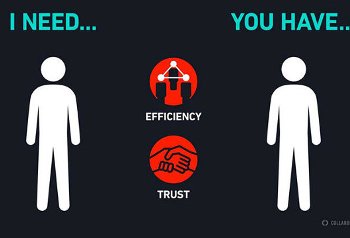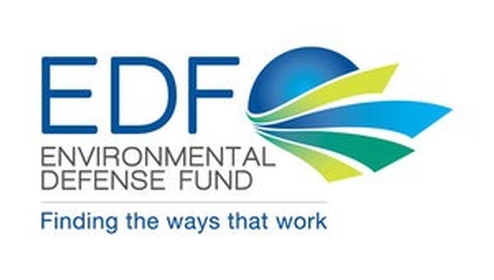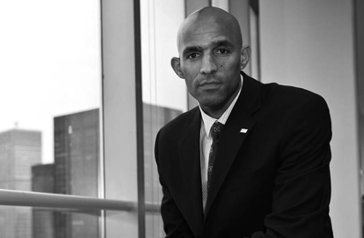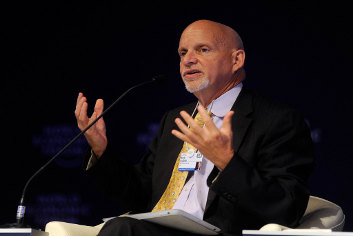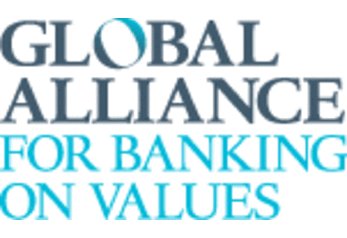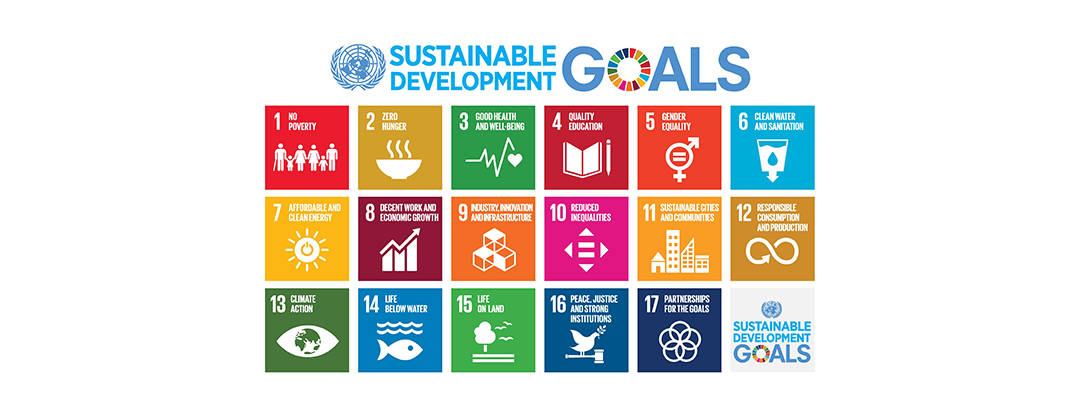
Julian Bents
The Sustainable Development Goals with 169 targets and different indicators serve as a blueprint on solving real-world problems for a variety of stakeholders across the public and private sectors. They have emerged as a guiding framework. With growing consumer awareness, investor pressure, and regulatory requirements, SDGs have come to the forefront of the corporate agenda. At the very least, SDGs have made room in a company’s CSR or philanthropic initiatives. Asset managers, CEO´s and Business owners are commonly recognizing that risks and opportunities from issues such as climate change or inequality will have a long term impact on their business success. However, current efforts towards achieving the goals, while admirable, leave much to be desired. This article outlines some of the obstacles that hinder the private sector’s contribution to the SDGs.
Redefining a common language
Following the adoption of SDGs in 2015, the corporate world has tried to monitor and quantify its impact using the SDG framework. However, many companies have found this task complex, resource-intensive, and time-taking. It is for almost any corporation virtually impossible to outline their own impact. It seems to be a barrier to reach a common understanding of what they really mean and how business contributes. The difficulty of choosing the right SDGrelated targets is evident in the recent PWC SDG Challenge Report, which found that only 1% of the surveyed companies had measured and reported on their progress towards SDGs in detail (1).
Adapting to one global framework ‘What gets measured gets managed’ is a famous quote by Peter Drucker (1954). Reporting on the SDGs constitutes a crucial step in gaining a holistic picture of the achieved progress and managing existing gaps. It not only helps us understand the complexity of sustainable development but also lays the groundwork for future corporate disclosures. It is vital for recoupling social and economic development by 2030.
Up until now, the SDGs have been a voluntary effort and not mandatory. When a decade is all we have, we must see it as a priority to redouble policy and business efforts. For the time being we still have to see Sustainable Development as worth managing what can not yet be measured.
Sources:
1. https://www.pwc.com/gx/en/sustainability/SDG/sdg-2019.pdf
2. https://www.ipe.com/reports/special-reports/impact-investing/metrics-change-andthe-challen ge-of-measurement/10024465.article
Julian Bents is YGC Ambassador 2020 and CEO & Founder Tomorrow is Now

